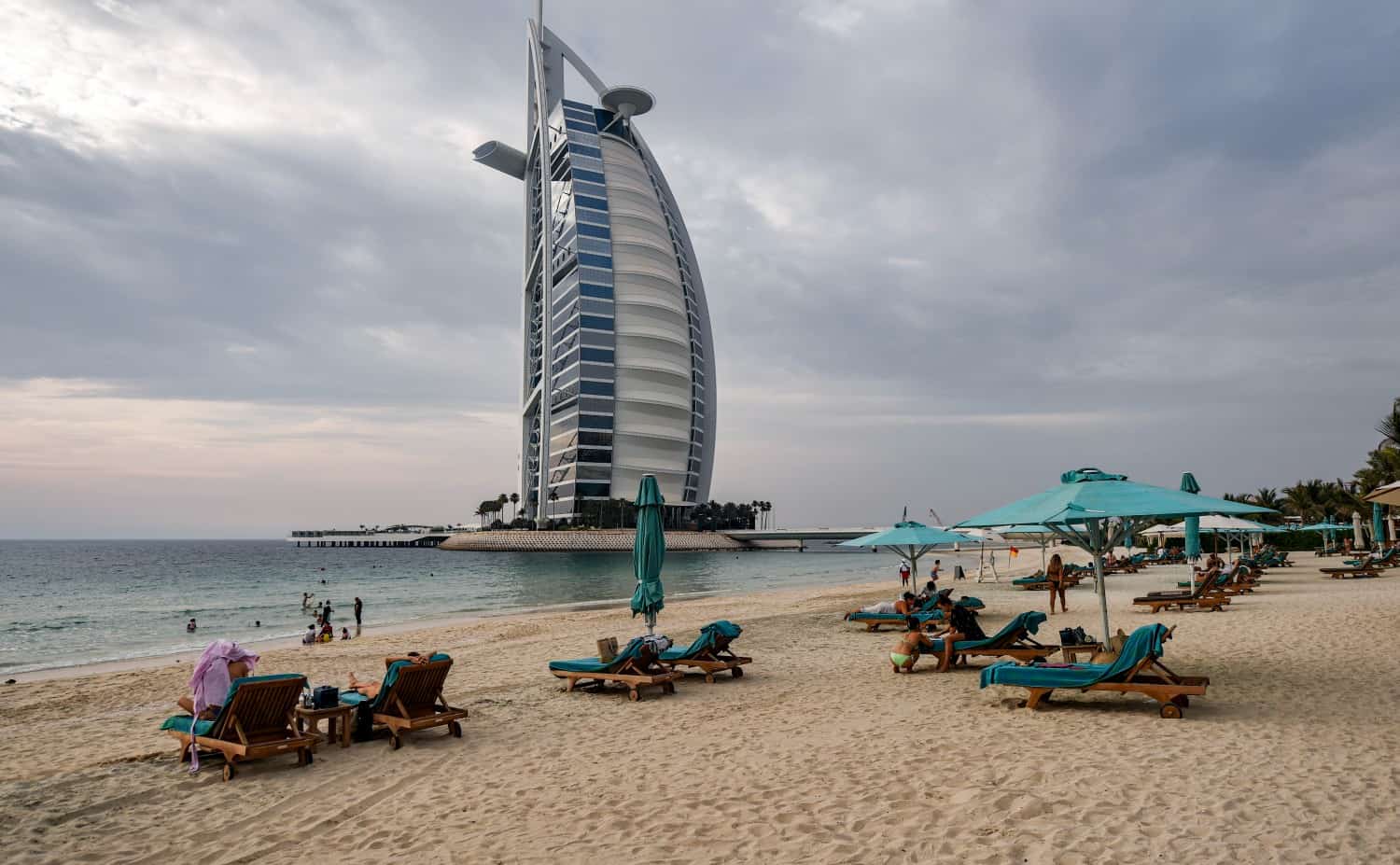Dubai, UAE — Growing concerns about environmental sustainability and ‘eco-friendly travelers’ are gradually putting pressure on hospitality businesses to incorporate green concepts and sustainability practices into their service delivery.
The hospitality industry impacts the environment through its considerable energy and water consumption and the waste it generates, especially organic waste and single-use disposables.
Hotels also negatively impact the biodiversity of the natural environment as certain hotels are located in ecologically diverse areas.
Like any other industry, the hotel sector contributes to global carbon emissions. In fact, it is currently responsible for approximately 1% of total emissions, according to UNWTO, and this is set to increase as demand continues to grow.
Moreover, according to a study by the Sustainable Hospitality Alliance, the hotel industry needs to cut carbon emissions by 66% per room by 2030 to counteract the emissions that correspond to its estimated growth.

Nadia Ibrahim, Associate Director of Consultancy & Sustainability at leading UAE-based smart and green facilities management (FM) company Farnek, has revealed how all hotels throughout the GCC region can create a bespoke roadmap to achieve Net Zero emissions by 2050.
Ibrahim highlighted that some international hospitality brands might already have strategies to achieve their Net Zero ambitions.
However, many independent hotels, mainly three and four-star properties, would require external support from consultants to design, plan and execute a carbon-neutral roadmap.
Sustainable, zero-emissions steps
In an interview with TRENDS, Ibrahim described the steps hotels should take to achieve improved sustainability and zero emissions.
“Net Zero, as a strategy, should be approached methodically,” she said.
“Primarily, hotels need to calculate their current carbon footprint. A detailed assessment of Scope 1, Scope 2, and Scope 3 (direct, indirect & all other emissions) is critical to understanding which activities and processes create most of their carbon emissions. Digital tools are available to measure this. For example, Farnek has developed an online carbon calculator called CARBONTEK, which has a specific module for calculating a hotel’s carbon emissions.
Once Greenhouse Gas (GHG) emissions are measured, the next step is to develop carbon reduction plans, technically known as Decarbonization. This includes planning various methodologies for reducing existing carbon emissions through various actions such as:
- Retrofitting existing buildings with energy-efficient systems – 60% of a building’s carbon emissions are directly related to energy consumption
- Installing smart-energy monitoring systems
- Eliminating single-use disposables
- Conducting sustainable procurement
- Going paperless
- Promoting sustainable building design
- Reducing food waste by addressing overproduction
- Creating awareness amongst staff and guests
- Using renewables to reduce reliance on conventional energy sources
Ibrahim added that the decarbonization plan should be aligned with short- and long-term targets to reach at least a 90% reduction before 2050 before offsetting unavoidable emissions. This requires corporate commitment, resources, budget, trained staff, and partnerships with Net Zero experts to create an achievable plan with reduction targets.
Hotels in the GCC that are developing sustainable plans
Concerted efforts have been made over the past decade and hotels in the GCC region and the UAE to develop plans for sustainability and net zero emissions.
Leading international brands like Accor, Mariott, Hilton, IHG, Radisson, and groups such as Anantara and Jumeirah have already adopted sustainable practices. Additionally, international certification programs like Green Globe have also played a key role in formalizing the sustainability process.
However, according to Ibrahim, the plan toward Net Zero is not an easy process.
“Most international brands already have strategies but implementing them in a regional context might be challenging due to insufficiently trained staff. Also, when it comes to regional and local groups and independent hotels achieving Net Zero, although there is commitment, it often lacks any real strategic vision,” she said.
Ibrahim went on to note that the confusion about what Net Zero means and the process and actions required to make a clear corporate commitment exacerbates the situation. This is especially true when calculating their carbon footprint for Scope 3, which can be quite complex. Hotel management is likewise worried about how to incorporate sustainable measures without negatively impacting the overall visitor experience.
Furthermore, finance is an issue, particularly in light of the economic crisis caused by the pandemic. The hotel sector is still recovering and reluctant to invest heavily, and even though there are substantial returns through lower utility bills and waste collection fees, it can be difficult at times to demonstrate that clearly, especially in the short term.
A difficult journey, but not impossible
Reaching Net Zero Emissions targets by 2050 is a complex but not impossible journey. In the UAE, initiatives such as Dubai Sustainable Tourism, as well as similar campaigns by the Abu Dhabi Department of Culture and Tourism and the Ras Al Khaimah Tourism Authority, have been launched to guide and drive sustainability.
“Further coordinated government support will be required to achieve Net Zero,” Ibrahim said, adding that this could include setting targets, developing a regulatory framework, providing cost-effective technologies, subsidies, and fiscal incentives, sharing research data, promoting voluntary carbon markets, and leveraging private sector expertise.
She also believes that any country can achieve Net Zero if there is total commitment, with governments, the private sector, and the general public all working in harmony, supported by the inevitable technological advances.








